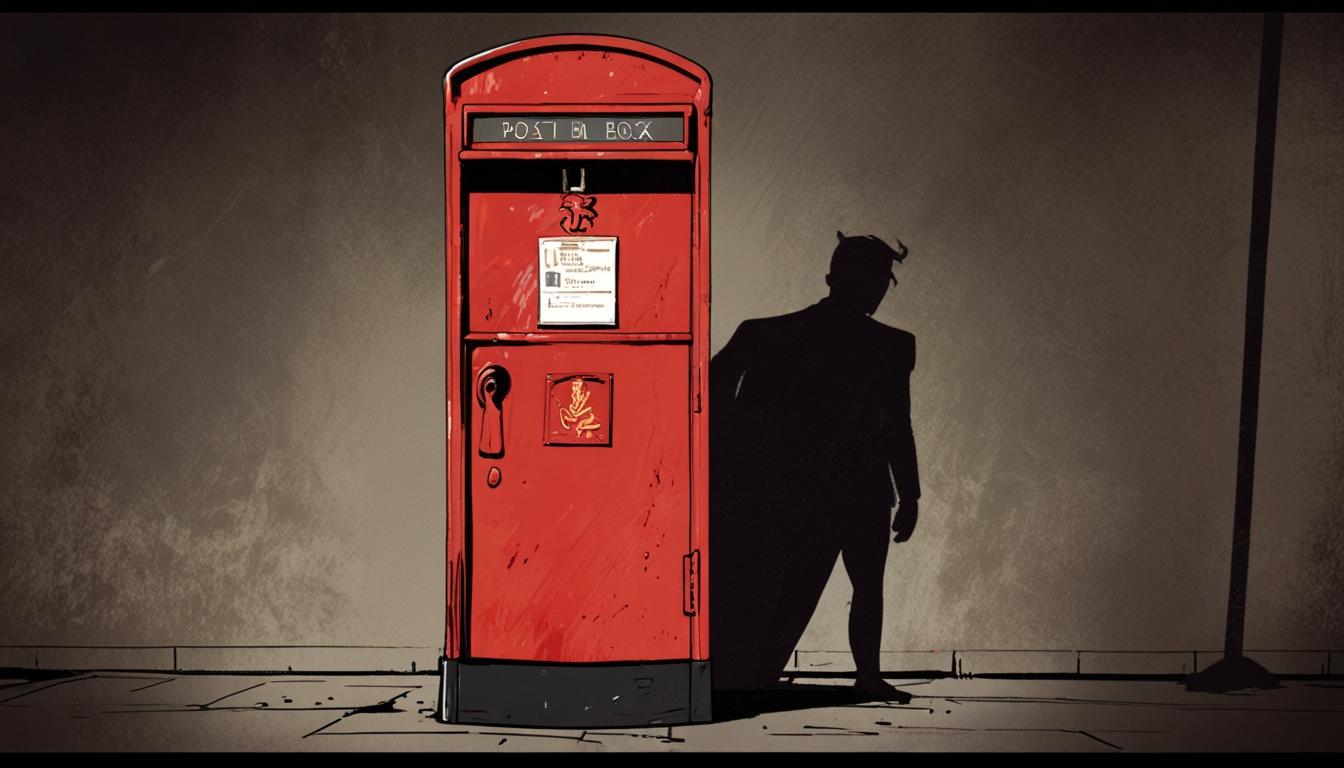PostNL, the Dutch postal service, is facing significant financial challenges following a disappointing festive season in 2024, which saw a downturn in seasonal mail volumes and rising labour costs. The company, which operates across Belgium, the Netherlands, and Luxembourg, experienced such a sharp decline in business performance that its share price dropped by 8.4 per cent in January. Just two months after Christmas, PostNL declared its business model ‘no longer sustainable’ and requested a €68million (£58million) bailout from the Dutch Ministry of Economic Affairs—a plea that was ultimately rejected.
Amid this financial turmoil, Daniel Kretinsky, a Czech billionaire who owns a 30 per cent stake in PostNL, is looking to complete a £3.6billion takeover of Royal Mail, Britain’s postal operator. Kretinsky’s purchase would mark a significant change in ownership for Royal Mail, a venerable institution with over 500 years of history in the United Kingdom. Notably, Kretinsky’s business empire spans several sectors including food, media, logistics, retail, and utilities, and is underpinned by extensive investments in Russian gas pipelines.
Despite concerns over Kretinsky’s background and the high levels of borrowing involved in his acquisition bid, the Royal Mail board and the UK Government have approved his takeover proposal. Labour’s Business Secretary, Jonathan Reynolds, described Kretinsky as a ‘legitimate businessman’ shortly after taking office in July the previous year and authorised the deal under the National Security and Investment Act, which offers the Government the ability to block potentially risky foreign acquisitions. The deal still requires shareholder approval, expected imminently.
The potential acquisition has raised questions across the UK regarding the implications of foreign ownership of a national institution that provides critical mail services for government bodies such as HM Revenue and Customs, the NHS, the police, the House of Commons, and the Royal Family. Founded originally to facilitate secure military communications for King Henry VIII, the Royal Mail’s heritage is deeply intertwined with the British state and monarchy, with the King’s image appearing on postage stamps and royal cyphers traditionally emblazoned on post-boxes nationwide.
Kretinsky’s funding for the £3.6billion takeover heavily relies on large loans, including £3billion borrowed from overseas banks, in addition to assuming Royal Mail’s existing £2billion debt. This substantial leverage raises concerns about the financial stability of the post office under his ownership, particularly given recent increases in global borrowing costs and economic uncertainty. The promises Kretinsky made to the Communication Workers Union to maintain staffing levels for up to five years may face challenges in the evolving economic environment.
Critics have highlighted parallels between this situation and other cases where foreign investment in UK public utilities and infrastructure led to financial strain, necessitating government intervention. The financial difficulties faced by British Steel, which has received up to £700million in taxpayer support, and Thames Water, currently near bankruptcy and under government special measures after reportedly prioritising dividend payments to offshore investors, serve as recent examples. Similar concerns exist about investment shortfalls at Heathrow Airport, which contributed to significant operational disruptions last month.
The Daily Mail reports that the deal’s opponents argue that the Government’s approval represents economic mismanagement and a disregard for national interests. They assert that this transaction could undermine transparency and operational control, potentially allowing resources to be diverted to offshore financial centres and weakening the public service remit of the Royal Mail. There are calls for shareholders to reject the takeover and for the board to delay a final decision pending a review by the communications regulator Ofcom of the Universal Service Obligation, which ensures daily postal deliveries.
The debate over the future ownership of Royal Mail continues amidst wider concerns about the governance of key public services and infrastructure in the UK. The potential acquisition by Daniel Kretinsky remains a pivotal moment for the country’s postal service, with implications for its workforce, service delivery, and place within the nation’s industrial heritage. The decision now rests with Royal Mail’s shareholders and regulators as they weigh the promise of investment and change against the risks posed by highly leveraged foreign ownership.
Source: Noah Wire Services
